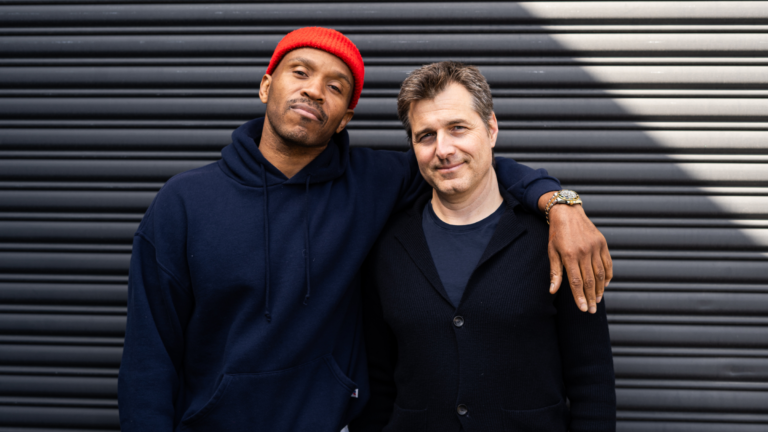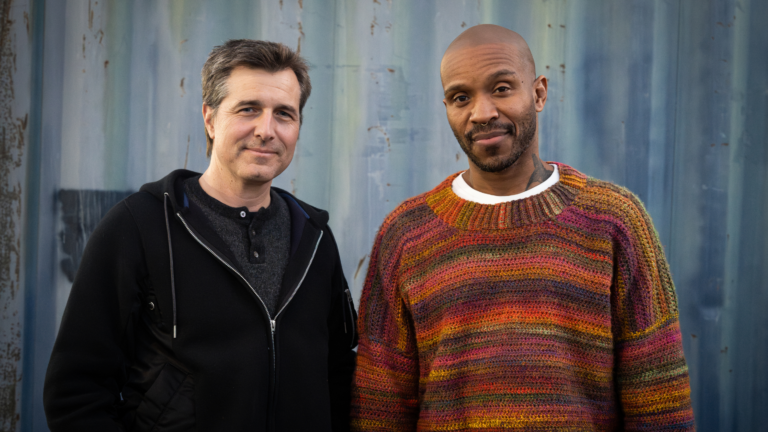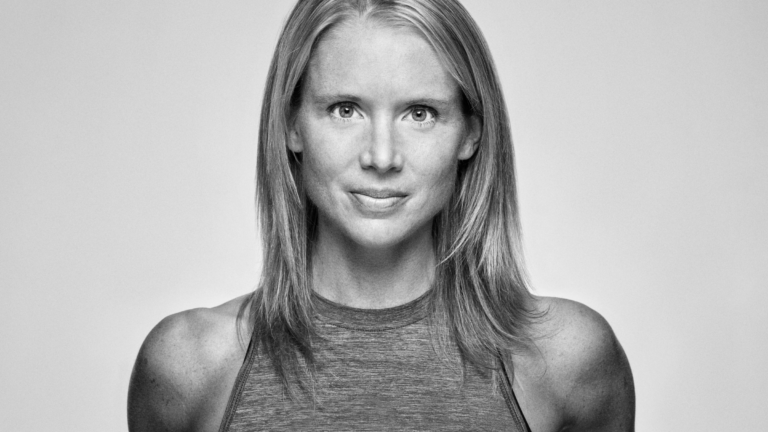This week’s conversation is with Dr. David Fajgenbaum, a groundbreaking physician-scientist and disease hunter.
The timing of his insights is incredibly relevant for us right now.
David is best known as the ‘doctor who cured himself’ – he received his last rites while in medical school and nearly died four more times battling Castleman disease.
To try to save his own life, he spearheaded an innovative approach to research through the Castleman Disease Collaborative Network and discovered a treatment that has put him into his longest remission ever.
Now, he is spreading this approach to other diseases like COVID19.
David is also one of the youngest individuals ever appointed to the faculty at Penn Medicine and the top 1 percent youngest grant awardees of a highly-competitive National Institute’s of Health grant.
As someone who’s been on the verge of death multiple times, David has a unique perspective… he shares how it’s altered his approach to life.
We discuss the preciousness of life and why it really comes down to having clarity of purpose and making sure you take the proper actions to back it up.
David also shares how his lab is approaching finding a cure for COVID-19.
“I know that I have this awful disease, but it helps me to focus on what’s important and what’s not important.”
In This Episode:
His Disease
“I have a disease called idiopathic Multicentric Castleman disease where my immune system becomes hyperactivated and then attacks and shuts down my body’s vital organs through what’s called a cytokine storm. Unfortunately, for idiopathic Multicentric Castleman disease patients like me, we don’t know what causes it and about a third of us will die within five years of diagnosis. Another third will die within 10 years of diagnosis.”
What inspired him to be become a doctor?
“I got to Georgetown, and a couple of weeks after I got there, I found out that my mom was diagnosed with brain cancer. And that just changed everything in my life. It’s halftime of my life because it just shattered everything about the first half of my life.”
His mom passing from cancer
“I want to dedicate my life to hunting diseases because I wanted revenge on cancer. My mom bravely battled cancer for the next 15 months but passed away from her disease. And before she passed, I promised her that I would dedicate my life to taking on diseases like cancer.”
What’s been the key to his success?
“I have a good brain that can solve things and I have a work ethic that helps me to feel like I can maximize the potential of the brain that I was given. I can outwork anyone, and that has helped me to achieve things that I wouldn’t have been able to achieve if it was just for either my level of intelligence or kind of an average work ethic.”
His approach to life
“I’ve been in overtime ever since I had my last rights read to me. And think about overtime in sports. In overtime, all of a sudden there’s this incredible clarity and purpose that comes with every tick of the clock. You can make a mistake in the first quarter of a game and you can make up for it, but if you make one wrong move in overtime the game’s over. And I think that’s the perfect analogy for how I feel every day of life. And it’s not that I’m afraid to make a mistake or it’s not that there’s this kind of paralyzing feeling, but actually it gives me clarity. I can hear the clock ticking, I know that I have this awful disease, but it helps me to focus on what’s important and what’s not important.”
The preciousness of life
“We’ve always all been in overtime, but we’re only now aware that we’re in overtime because of what COVID-19 has done. We know that a loved one or we can get infected with this disease out of nowhere. But the reality is, is that life has always been this precious but it’s taken this sort of an experience to help us to realize how precious it is.”
The moment when his last rights were read to him:
I didn’t regret things I had done, I regretted the things I hadn’t done or hadn’t said and hadn’t told the people that I loved. And so, when I left the hospital, and thank God chemotherapy saved my life, I said, “If I think of things, I’m going to do those things.” And said, “The motto I have is think it, do it.” For me, it’s about action and it’s about how, yes, some of us will regret actions we take on our deathbed because sometimes we take bad actions for sure. I’m not saying that all actions are good, but I am saying that at least for me it was inaction that really pained me on my deathbed.”
Does he care about other people’s opinions?
“I have such a focus on this disease and on just unmasking the immune system generally and solving diseases, it’s kind of pushed out room for concerns about things like that. And I guess I would even say that maybe even before when I used to be so focused on football, I think that my whether it’s we call it purpose or focus being so intense on whatever that thing is in front of me, it’s enabled me to really kind of push out the other stuff about perceptions or concerns. For me, there’s just not enough room or energy to go there.”
Turning hope into action
“There was probably a one in a million chance that I was actually going to make progress against my disease. But I knew there was a zero in a million chance that I was going to make progress if I didn’t do something. And so, I think that I learned in such black and white as I laid in that bed that I can’t physically do anything right now, so all I can do is hope. And once I could actually start moving muscles and my brain could start working, all of a sudden I can actually do things about the things I was hoping for. And so now I’m just totally addicted to this concept of turning hope into action. That if we should just reflect on what we’re hoping for, what are we hoping for every day? All of us hope for things all the time. Okay. Well, what are we hoping for? What are we praying for? What are we wishing for? All right, well, let’s… What can we do today and tomorrow and the next day to get closer to what we’re hoping for?”
The similarities between his disease and COVID-19
“My disease causes a cytokine storm where my immune system attacks itself for an unknown cause. The cytokine storm in Castleman disease is very, very similar to the cytokine storm that we see in COVID-19. And so as a result, a number of Castleman’s drugs are being tried against COVID-19 patients.”
What’s our best hope to curing COVID-19?
“The best hope we have is that we can take a drug that was developed for something else and to repurpose it for COVID-19. So the work that my lab and that I’m doing is really around trying to identify existing drugs that we can repurpose and reapply towards COVID-19.”
How to live with purpose
“Pay attention to the things that you’re hoping for and come up with specific plans. I’ve got lists upon lists of targeted lists on what I’m wishing for and what are the 1000 steps that it’s going to take to get from that wish to reality? I think that it’s both being wishful at a high level, but it’s also being incredibly granular on one step at a time.”
Making your purpose manageable
“I think it’s about thinking about what you’re hoping for, it’s about breaking down those hopes into a thousand actionable steps. It’s about having no excuses as far as why you are or not doing those manageable steps. It’s about, I’ve set this goal because I believe in this vision that I’ve been hoping for. I’ve come up with my plan, and I’m going to be relentless, and I’m not going to let excuses get in the way to doing those things because the clock’s ticking.”


